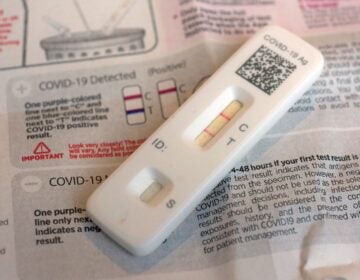Health care vs. Money
Listen 49:04
(Shidlovski/Big Stock)
The United States spends more on health care than any other country in the world — and that spending is going up every year. In some respects, that’s good news, because it means that new treatments, medications, and tests are available, and people are living longer. But it also means that health care and insurance is getting more expensive. There’s always pressure to control or reduce costs and to find inefficiencies, which impacts patient care in so many ways. On this episode, we explore the complicated relationship between medicine and money. We hear about how financial pressures led to the closure of Philadelphia maternity wards — and the surprising results; the lengths one Canadian man goes to to get his life-saving meds; and the complicated financial realities of running a hospital.
Also heard on this week’s episode:
- We talk with NYU health economist Sherry Glied about why the debate over for- vs non-profit health care is more complicated than we might think, and how changes to the system can have unexpected effects.
- UCLA health policy expert Jill Horwitz explains the tough financial realities of running hospitals, and how they weigh the costs and benefits of providing different services.
- Reporter Jad Sleiman harkens back to his previous life as an EMT to explore one of the mysteries of ambulance billing.
Segments from this episode
WHYY is your source for fact-based, in-depth journalism and information. As a nonprofit organization, we rely on financial support from readers like you. Please give today.






